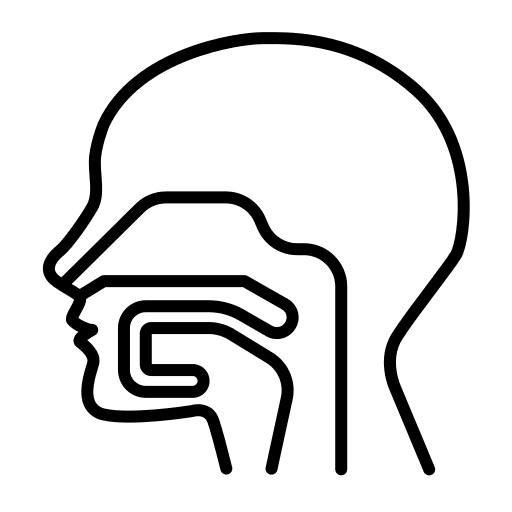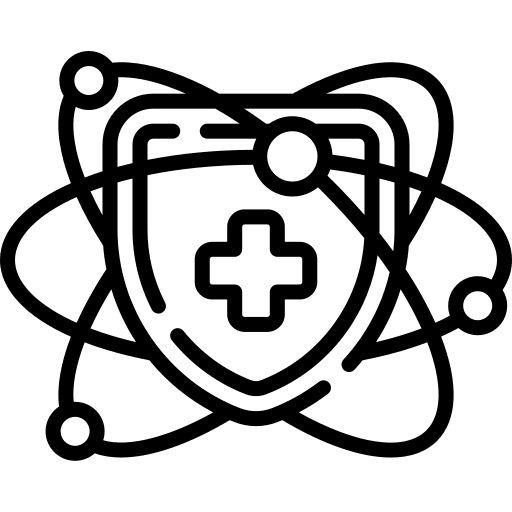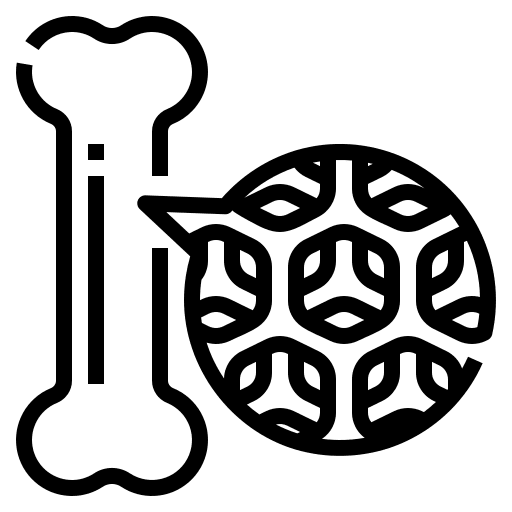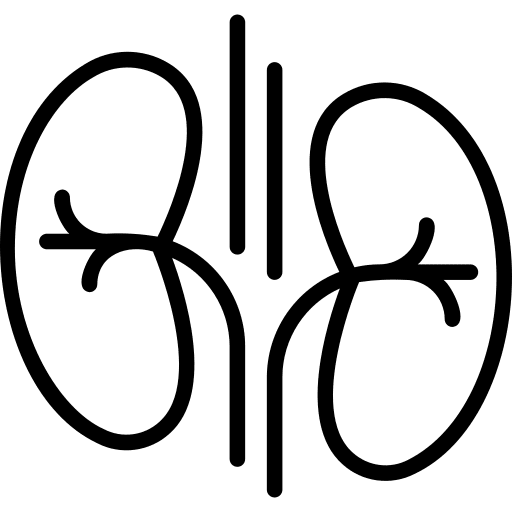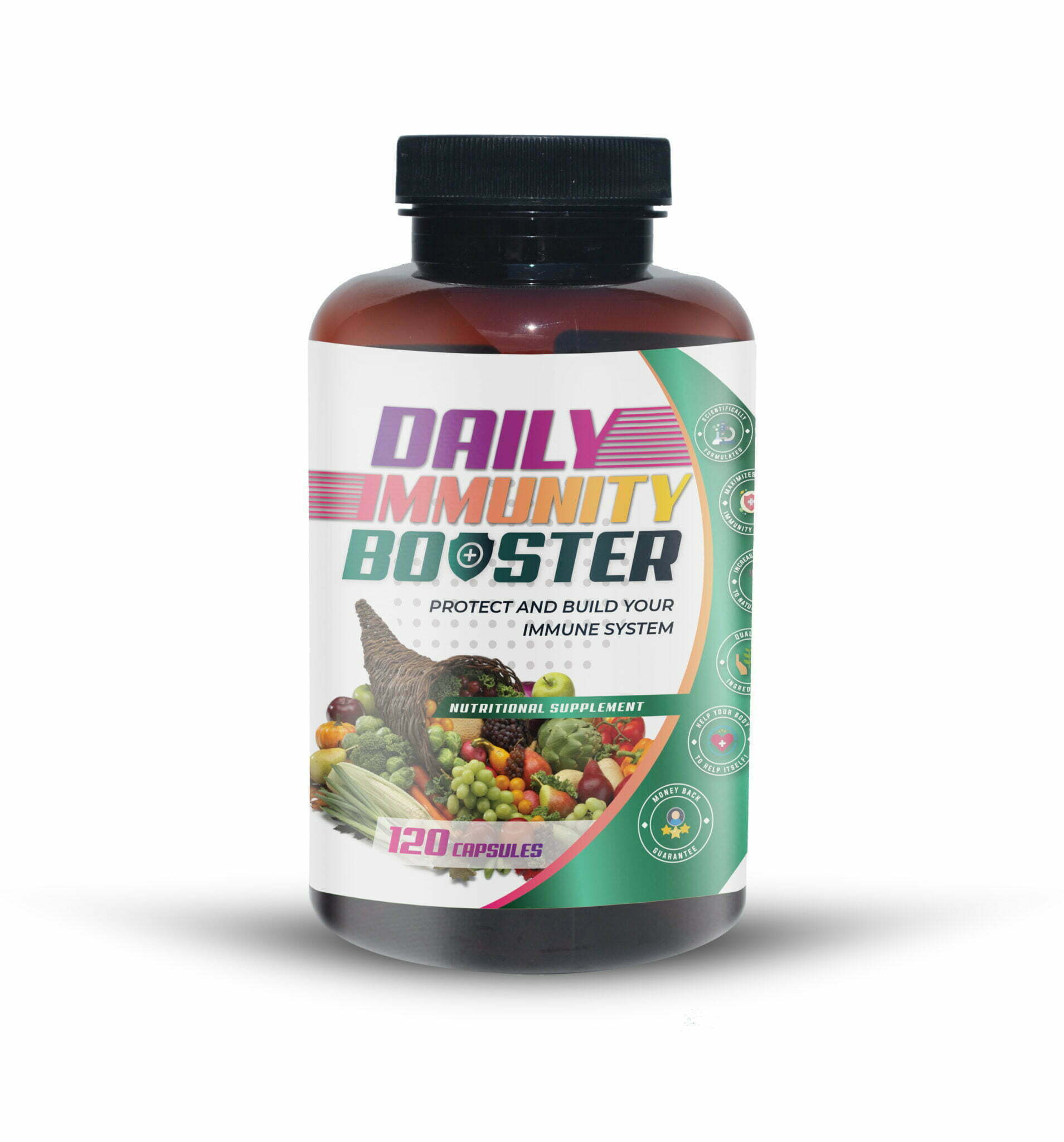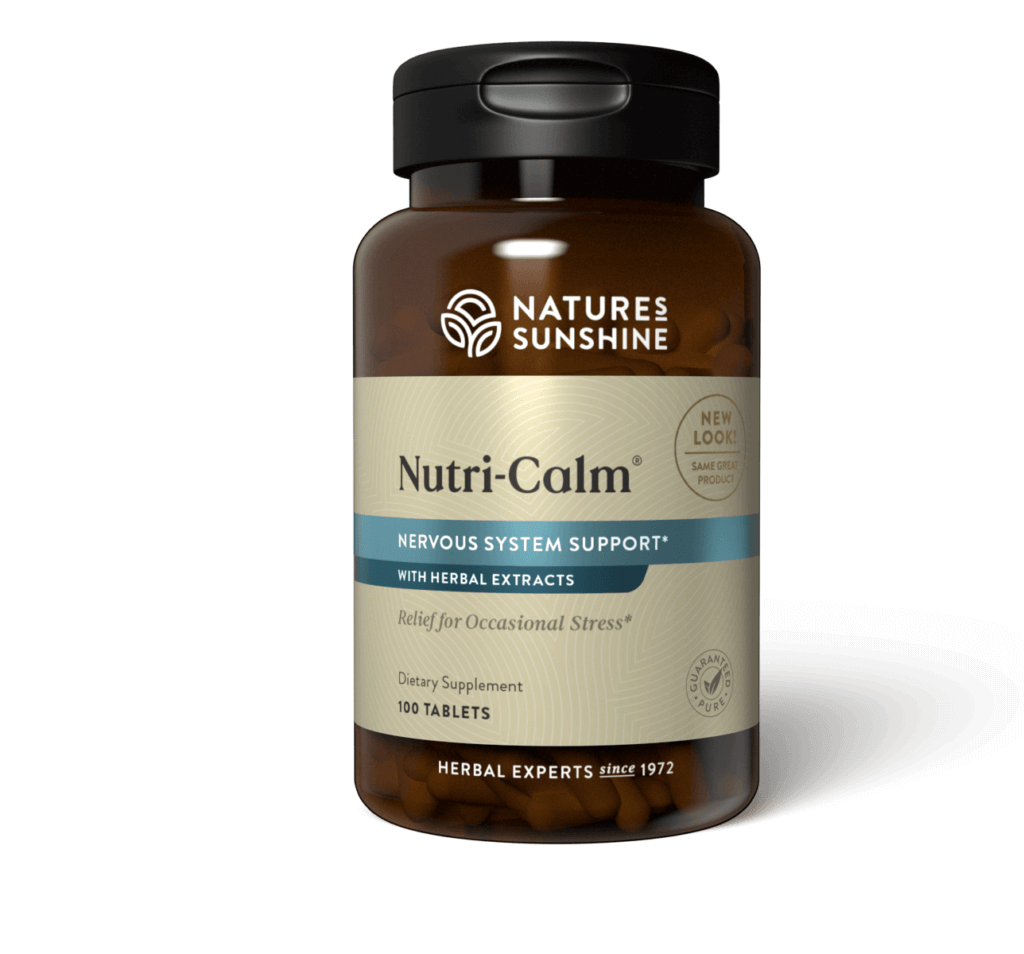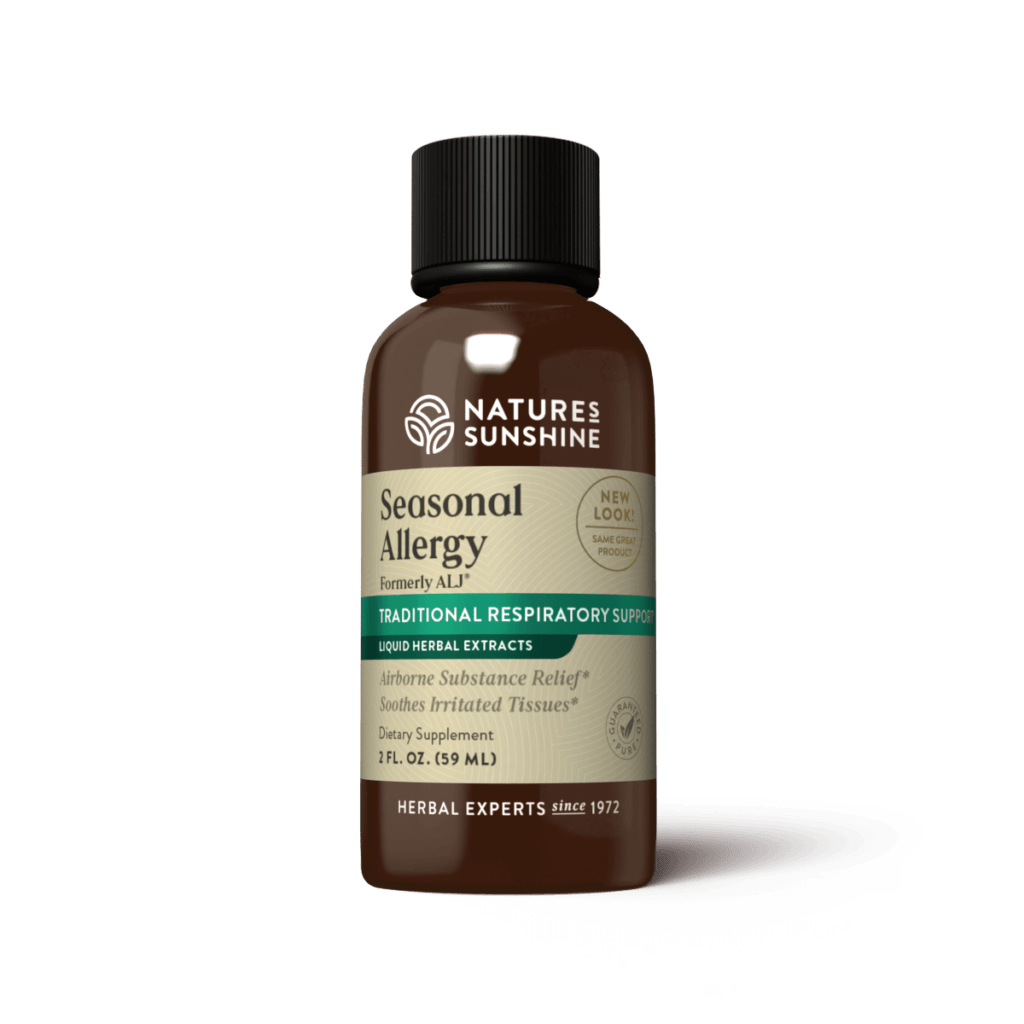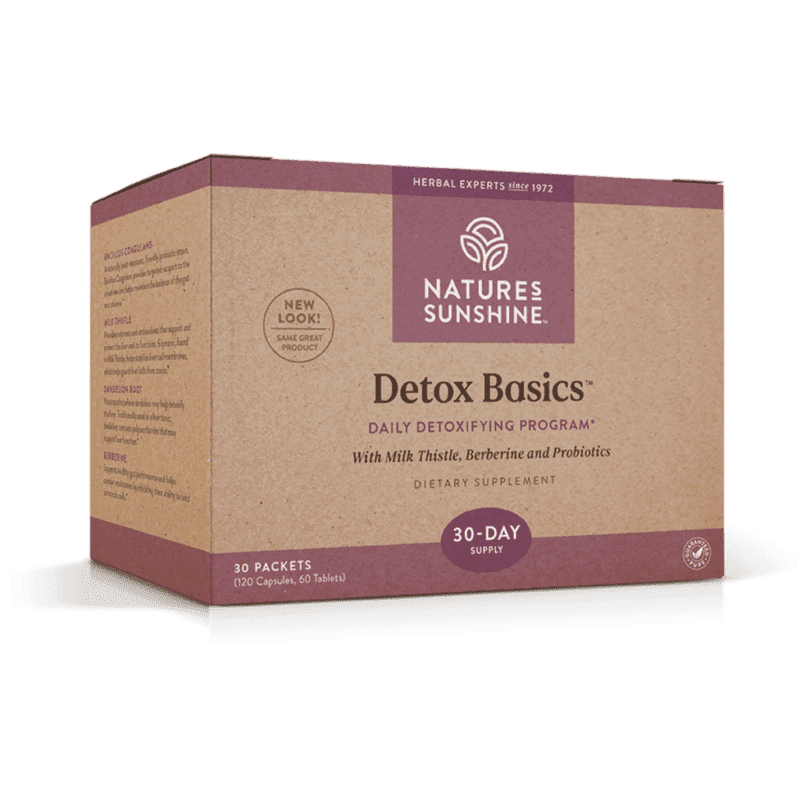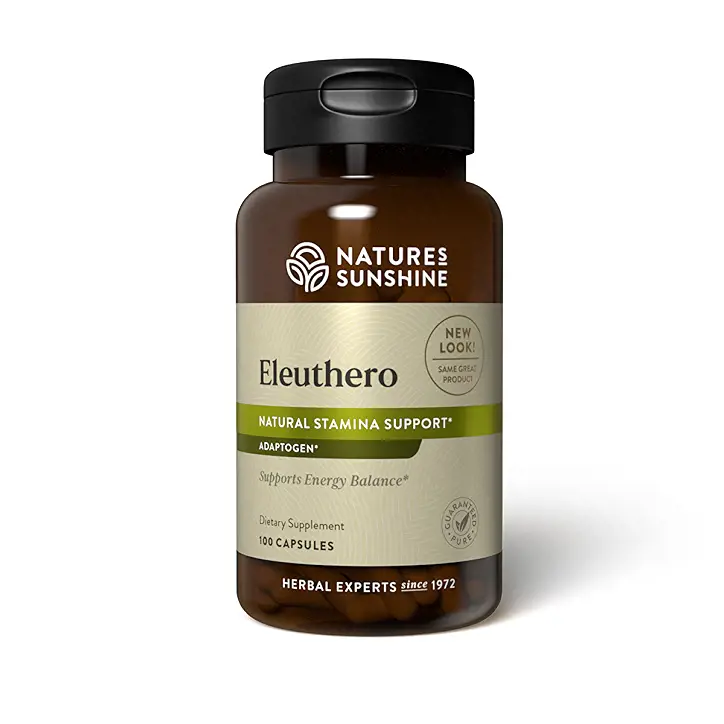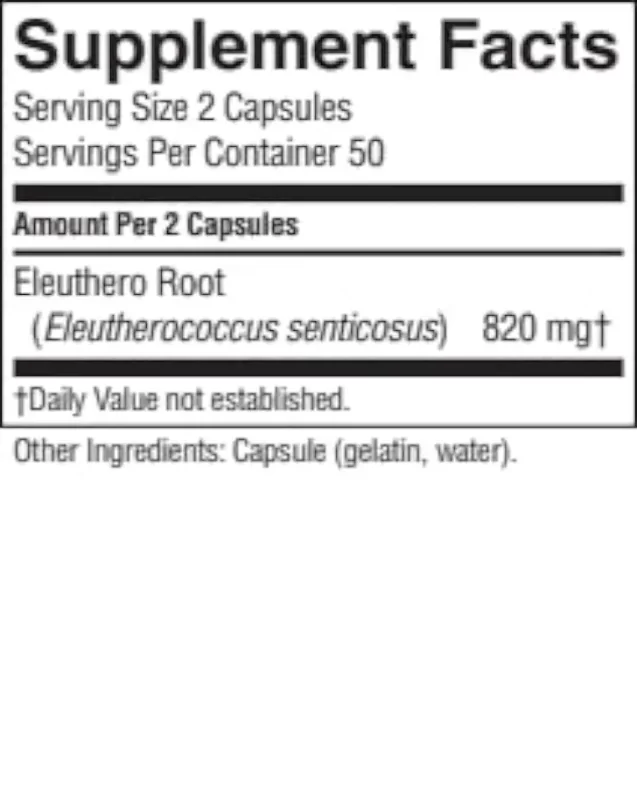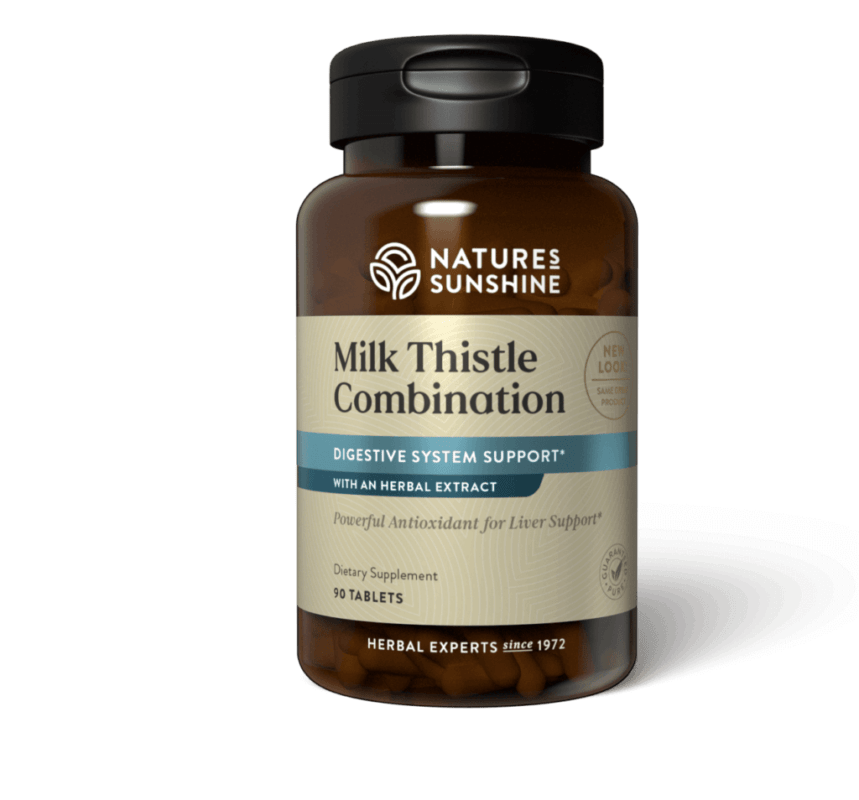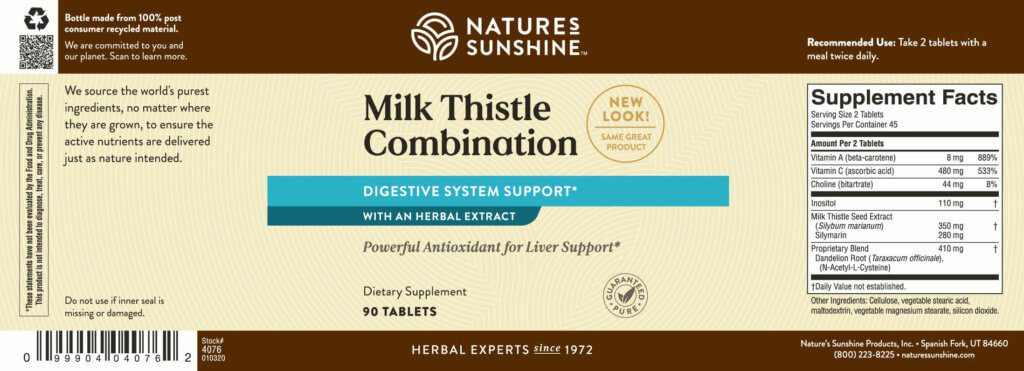The ABCs of Good Health with NSP Products
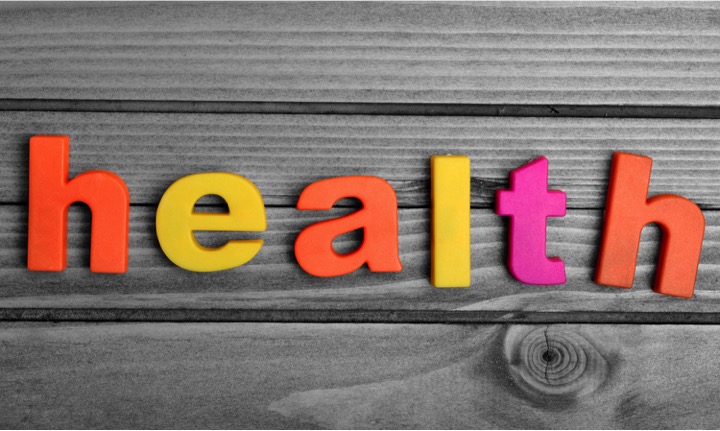
Receive your 25% Savings and Free Shipping Below
Dietary Guidelines for Americans – The ABCs of Good Health with NSP Products
Although a solid base is essential for any structure, many people who are ill yet try to mend themselves without first investigating the underlying causes of their illness. The same way that you can’t become literate unless you learn your alphabet, you can’t achieve and maintain Dietary Guidelines without adhering to the ABCs of health.
While the general public is aware of the importance of things like a healthy diet, very few individuals really view health-promoting activities as potential treatments for illness. Instead than considering how to better their health, people hunt for a miracle cure elsewhere, such as a medicine, plant, or nutritional supplement. They aren’t to blame for not knowing that there is a distinction between health care and illness care.
This is regrettable because, for the vast majority of chronic and degenerative diseases, improving general health is the most effective treatment. This is an example of “treatment by prevention,” or the strategy of addressing a health problem by taking the measures that would have prevented it in the first place.
This month’s Sunshine Sharing Hour will focus on the ABCs of real healthcare, which are: A) activating the body’s healing mechanisms by keeping a positive mind and heart, B) constructing the body through proper nutrition, and C) cleansing the body of anything that may be weakening or irritating it. It’s not complicated, but it helps to be reminded of the fundamentals every once in a while, because you can’t build health without them.
Therapies that hae helped others
1. Cleansing Programs
Nature’s Sunshine has several prepackaged cleansing programs. These programs meet a wide variety of needs.
Candida Clear is a program that helps get rid of yeast and fungal infections.
CleanStart is NSP’s most popular cleansing program. It contains a fiber packet as well as supplements to cleanse the colon.
Dieter’s Cleanse is a cleanse to use at the start of a weight loss program. It not only contains herbs to clean out the colon and liver, it also contains supplements to balance glandular function and metabolism.
Para-Cleanse is a parasite cleansing program.
Tiao He Cleanse is particularly good for the liver and one of the best all-around cleanses.
2. Heavy Metal Cleanse
Even natural foods contain small amounts of heavy metals, so the body has built-in defenses to help it get rid of these heavy metals and other harmful substances. By giving the body the nutrients it needs to support these processes and keeping the body's channels for getting rid of waste open, you can help the body get rid of too many heavy metals.
Glutathione is one of the main things in the body that gets rid of toxins. It is an antioxidant that is made in the liver from cysteine, glutamic acid, and glycine amino acids. Glutathione helps cells get rid of drugs and heavy metals and saves the body from damage caused by smoking, radiation, and alcohol.
N-acetyl-cysteine (NAC) contains the amino acid cysteine, which is a building block for glutathione, a powerful antioxidant that protects organs like the liver, respiratory and immune systems, and eyes. Heavy metals and other dangerous chemicals can hurt healthy cells, but glutathione keeps them safe.
L-methionine is an amino acid with sulfur that works as a strong antioxidant. When there are toxins in the body, the body needs more of it to protect glutathione. It can also be changed into cysteine so that more glutathione can be made.
Alpha lipoic acid, a powerful antioxidant, is another food that helps the body get rid of heavy metals. Since it dissolves in both water and fat, it can protect against a wide range of things. Even better, it helps other antioxidants like vitamin C, vitamin E, and glutathione do their jobs better. It also helps the body’s cells make more energy.
Algin, which is another name for sodium alginate, is a glue made from kelp. Kelp helps clean the seas because the alginate in it binds to heavy metals and other harmful substances and makes them harmless. Heavy metals like lead and mercury are carried out of the body with regular bowel movements. Sodium alginate binds to these metals in the digestive system and carries them out of the body. Heavy metals can also be held together by other fibers, like apple pectin.
All of the things we just talked about—N-acetyl-cystine, l-methionine, alpha lipoic acid, and sodium alginate—are in the Heavy Metal Detox recipe. It also has kelp, apple pectin, vitamin B6, cilantro, which is a plant said to help the body get rid of mercury, and magnesium citrate. It is a very helpful vitamin for getting rid of heavy metals from the body. This is a powerful cleaner. At least at first, don’t take more than one pill with each meal, twice a day. Stop taking it for a few days if you have a strong response to cleansing, like a rash, diarrhea, nausea, dizziness, weakness, etc. Cleanse your body, and then start over with just one pill per day.
Many heavy metals and other chemicals that are bad for the environment don’t dissolve in water. This means that the body has to get rid of them by making them stick to fats. This means that vital fatty acids are a great way to get rid of heavy metals. Taking Super GLA and/or Omega-3 Hi EPA or 1-2 tablespoons of Flax Seed Oil every day will help bind these toxins in the body so they can be removed.
Once the heavy metals, pesticides, or other chemicals are attached to fats, the liver sends the harmful fats to the small intestines through the bile to get rid of them. Fiber is needed to hold these fats and heavy metals together so that the body can get rid of them. Heavy metals can be held together by any kind of fiber, but sodium alginate is especially good at it.
If you know you have heavy metal poisoning or think you might, it’s probably a good idea to work with an experienced doctor, naturopath, or healer to make a program that fits your needs. But here’s a mercury and heavy metal detox method we’ve used many times as a starting point:
• 1 pill of Krill oil
• Twice a day, take 1 Heavy Metal Detox
• 2-4 Algin three times a day or 1 teaspoon of Nature’s Three in a glass of water or juice twice a day.
• Take a drawing bath with Hydrated Bentonite or another fine clay once or twice a week, or soak your feet in a spa bath.
Make sure your bowels move at least twice or three times a day. If you don’t, you might want to take LBS II before bed or 2-3 Gentle Move twice a day.
• You can add 1-2 Mega-Chel twice a day for a stronger result.
Heavy metal detoxification is important for anyone who has worked with a lot of chemicals at work. This includes painters, beauticians, lab techs, dry cleaners, carpet cleaners, farmers, and factory workers in many industries. It’s also good for people who have nerve damage from any kind of long-term inflammation or inflammatory condition.
Heavy Metal Cleanse helps deal with Toxic Overload, which is one of the main reasons why people get sick.
3. Stress Management
Don’t worry. There is tension. It’s hard. In today’s world, it’s hard to avoid stress. Every day, things like debts and unpaid bills, traffic jams, and work schedules can cause us to “tense up” or start to worry. It is thought that 75–90% of all visits to a primary care doctor are for health problems caused by worry. So, one of the most important things we can do to stay healthy is to learn how to deal with the stress in our lives.
Before we can learn how to deal with worry, we need to know what it is. When the brain senses stress, it sends a chemical message to the pituitary through the hypothalamus. This sends the adrenocorticotropic hormone (ACTH) into the bloodstream. ACTH tells the adrenal glands to start making hormones like adrenaline and cortisol. Epinephrine is both a hormone and a chemical sent between nerve cells. It tightens our muscles, speeds up our heart rate and blood pressure, widens our bronchial tubes and quickens our breathing, stops digestion and other processes that aren’t necessary for immediate survival, and otherwise gets the body ready to act.
Cortisol makes inflammation go away, which helps us deal with pain and injuries. Even though it is important for reducing inflammation, too much cortisol makes us age faster, slows down our immune system, and makes us lose muscle and gain weight. These stress hormones also raise the amount of sugar in your blood and make your blood clot more easily.
With this knowledge, it’s easy to see how chronic, long-term stress can lead to a number of health problems, such as poor digestion, constipation, tension headaches, neck and shoulder pain, low back pain, ulcers, high blood pressure, blood clotting, an increased risk of infections, asthma, diabetes, being overweight, and even cancer and autoimmune disorders. In fact, it’s likely that a lot of the illnesses we get are caused in part by worry.
If worry can make us sick in so many ways, it’s clear that we need to learn how to deal with it better. We might not be able to get rid of all the stressful things in our lives, but we can lessen the effects of stress on our bodies.
Here are seven ways to help your body deal with worry less.
1. Take a deep breath
Breathing is one of the easiest things you can do to lower your stress level, calm your worry, and release tension in your body. If you stop and pay attention to what you do when you’re worried, you’ll probably notice that you either don’t breathe at all or breathe very quickly and shallowly. By focusing on slow, deep breathing, you will turn on the parasympathetic part of your nervous system, which will help you feel less stressed. You can also try breathing in while thinking, “I am,” and breathing out while thinking, “relaxed.” Check out deep breathing treatment to learn more.
2. Learn how to use the Relaxation Response
You can go one step further with breathing by using what Dr. Herbert Benson called “The Relaxation Response.” In 1975, Dr. Benson wrote a book with that title. It explained how a simple meditation method that had nothing to do with religion could help people with sleep problems, heart problems, high blood pressure, and chronic pain. Dr. Benson took the mystery out of the subject by showing that all you had to do was relax your muscles, breathe slowly and deeply, and find a repeated phrase to keep your brain busy, like saying the word “one” over and over in your head.
Taking just 20 minutes a day to do this will make a big difference in how much stress you feel. Find a place to sit or lie down that is comfortable. Make a point of letting all the muscles in your body rest. Start breathing slowly and deeply while counting your breaths (in: 1, 2, 3, 4, out: 1, 2, 3, 4). Then, give your mind one thing to think about, like the word “one” or “peace,” and repeat this word over and over in your head. This quiets the mind and stops the “monkey chatter” in the brain.
3. Stay away from coffee and sugar
Have you ever noticed that when you’re stressed, you crave junk food? Sugar and coffee may give you a quick “pick me up,” but they’ll let you down just as quickly. Worse, they tend to stress the adrenal glands even more, which will finally wear out and make you feel “burned out.” To decrease stress, don’t eat snacks that are high in sugar and carbs. Instead, eat snacks like nuts that are high in protein and good fats. If you feel tired without coffee, you might want to take Adrenal Tonics to rebuild your adrenals and give you more energy.
4. Get water
Even though it seems strange, drinking more water can actually calm your nerves and help you sleep better. When you’re stressed, drink lots of pure water because being dehydrated makes you feel more anxious. See the page on hydration treatment for more details.
5. Work out
Why do our bodies make these worry hormones? They get your body ready to act, which is why stress in the modern world is such a big problem. Stress hormones tell our bodies to run, fight, or work hard to solve the problem, but our sedentary lifestyle doesn’t let us burn off these hormones through physical exercise. We can “work off” those stressed feelings when we exercise. Check out exercise treatment to learn more.
6. Take adaptogens and give your nerves food.
Nerves need food just like any other part of the body. First of all, nerves need good fats like butter, coconut oil, nuts, olive oil, flax seed oil, and omega-3 important fatty acids.
Vitamins are also important for how well the nerves work. People have found that B-complex vitamins make it easier for them to deal with worry. Vitamin C and pantothenic acid are also helpful because they help the adrenal cells. Silica, which is found in horsetail and dulse, two important parts of HSN-W, makes nerves stronger by making the myelin layer stronger.
There is a certain group of herbs that can make stress much less harmful to our health. The name for these plants is “adaptogens.” Adaptogenic herbs change the way the hypothalamus and pituitary glands send signals. This causes the adrenal glands to make less adrenaline and cortisol, which lowers stress levels generally. They help break the harmful fight-or-flight routines that the body gets stuck in when it’s under a lot of stress. By lowering the amount of cortisol in the body, these herbs also help strengthen the defense system.
Eleuthero root was the first adaptogen that was found. Russian tests showed that it helps boost stamina, endurance, and energy. It also helps improve focus and stimulate the production of male hormones. It also improves how the defense system works.
Gotu kola, American and Korean ginseng, suma, and schizandra berries are some other single herbs that have been found to have adaptogenic effects. Use adaptogen formulas like Nervous Fatigue Formula, Suma Combination, Mineral Chi Tonic, or Adaptamax to lower the amount of stress chemicals your body makes and calm your nerves.
7. Take time to relax and unwind
Telling someone to lessen their stress is like telling them to avoid death and taxes. That’s not going to happen. The good news is that you don’t have to avoid stress in order to lessen its affects. It turns out that when you do something you enjoy, hormones and neurotransmitters are released that fight the effects of worry. And a pleasant situation makes more good things happen than a stressful one does bad things. So, instead of trying to get rid of stress, we should work on making our lives more fun and enjoyable.
It’s possible that being too busy is a big reason why anxiety-related disorders are so common in our society. We are always on the go and don’t have much time for fun and relaxation. It’s very important for our mental and physical health to schedule time to do things we love.
Many people think they have too much going on to do this. Well, the truth is that the more busy you are, the more important it is for you to take time to rest and relax. If a woodcutter doesn’t take the time to sharpen his saw or axe, he will have to work harder and harder without getting any more done. Rest and relaxation is “saw-sharpening” time; it makes you more effective for the rest of the day. When you’re busy, you can’t skip out on rest and relaxing.
It doesn’t count to watch TV. Most of the time, TV is meant to be exciting, not relaxed. Instead, do things that make your body feel good, like taking a warm bath, soaking in a hot tub, getting a massage, listening to soothing music, or walking in the park. Find things that make you laugh and bring back the joy of being a kid. When you eat, take your time and really taste the food. Remember that anything that makes your body feel good fights the effects of stress and makes you feel less anxious.
Making sure you get a good night’s sleep is also a part of this. If you’re not sleeping well, look up “Insomnia” in the Conditions section and try some of the ideas there.
Using these stress management techniques will not only help you stay healthy, but it will also help you get better faster if you get sick.
Stress Management helps people deal with mental and emotional stress, which is one of the main reasons why people get sick
Build your Immune System
The immune system is not a single system, but rather a complicated set of processes that involve many different body systems. Some of these are the gut system, the lymphatic system, the circulatory system, the skin, and many others. About three parts make up the whole. There are mechanical barriers like the skin and mucus membranes that protect the body's surface. The cell-mediated immune reactions, the innate immune system, and the adaptive immune system are the other types of immune responses.
The innate immune system is made up of three types of white blood cells: macrophages, neutrophils, and natural killer cells. Inflammatory reactions gather up damaged tissues. When the skin or mucus barriers are damaged, letting an infection in, the innate immune system is the first line of defense. This method doesn't look for a certain type of invader, so it isn't very specific. It kills all kinds of germs, including cancer cells.
The adaptive immune system is made up of B-Cells and T-Cells, two types of white blood cells, as well as antibodies, which are used to mark certain cells to be killed. Most of the adaptive immune system is in the blood and lymph, and it protects you from certain bacteria. It is the part of the immune system that a vaccine is meant to make work better so that you get immune. The thymus helps these immune cells learn what to do.
At its most basic level, the immune system is the body’s ability to tell the difference between what belongs in the body and what doesn’t, and to get rid of what doesn’t belong. In this way, immunity and being able to get rid of waste are closely linked. Here is a list of general ways to help the defense system.




